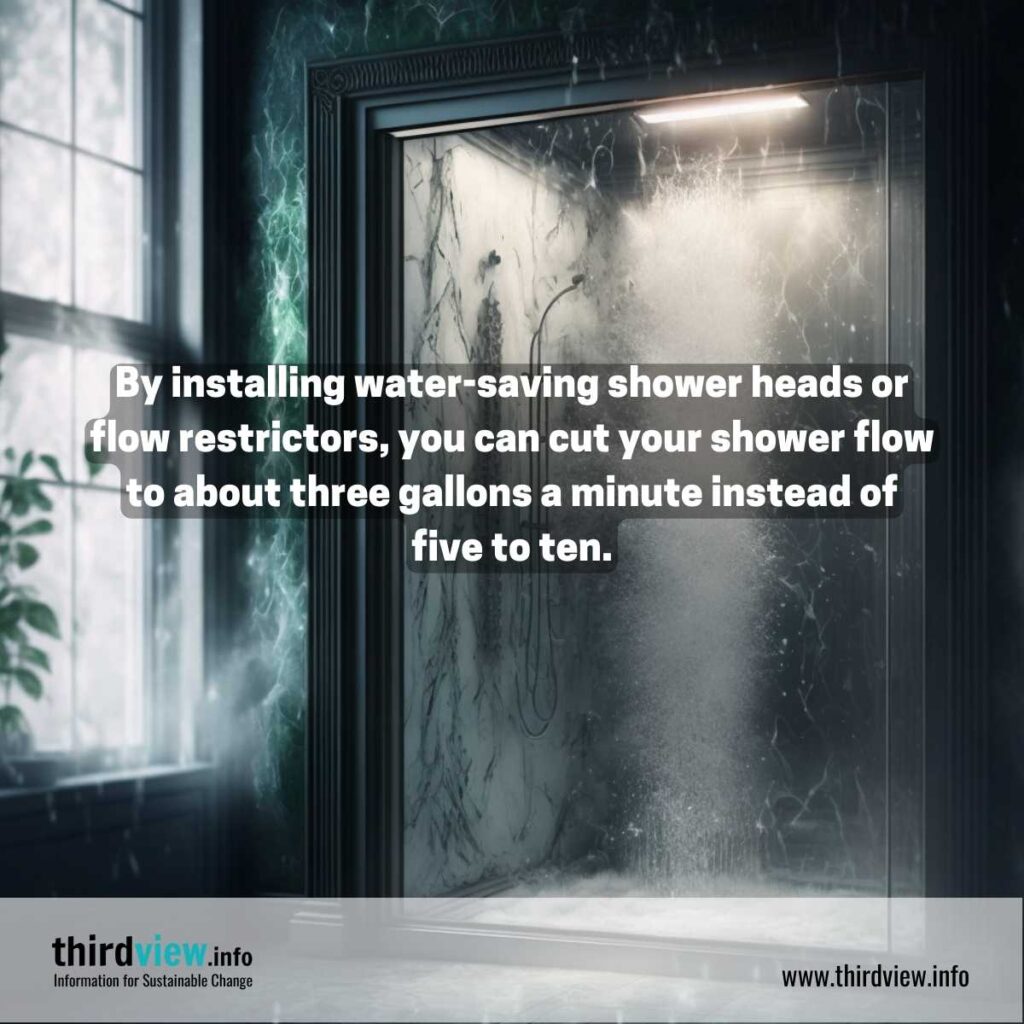Unknown Facts About Reclaim Waste
Unknown Facts About Reclaim Waste
Blog Article
Some Known Facts About Reclaim Waste.
Table of ContentsThe Ultimate Guide To Reclaim WasteThe 10-Second Trick For Reclaim WasteUnknown Facts About Reclaim WasteThe Buzz on Reclaim WasteThe 4-Minute Rule for Reclaim Waste
Domestic sewer waste refers to the waste and items from a household septic tank. The proper monitoring and disposal of residential sewage waste call for liquid waste to be moved to a sewage treatment plant where the appropriate techniques and tools are used to purify and dispose of waste.
Business waste typically includes possible threats, such as flammable materials or a mix of liquid and solid waste products, and requires a much more innovative and comprehensive disposal process. The disposal of industrial waste normally entails the purification of waste before transport to ensure risk-free and appropriate disposal. Industrial waste is created from byproducts and overflow of commercial processes and manufacturing.
This type of waste can not use the very same sewer management transport or processes as septic or business fluids. The industrial waste administration procedure calls for the evaluation and screening of fluid waste before it undergoes the disposal procedure (liquid waste removal). Overflow waste is the fluid waste that comes from overflow and excess stormwater in very booming areas or cities
Overflow waste can create contamination and flooding if not dealt with appropriately. Making sure proper waste administration can stop catastrophes and decrease environmental injury.
Not known Details About Reclaim Waste
Get in touch with PROS Services today to learn more about our waste administration and disposal solutions and the proper ways to look after the liquid waste you create.
(https://medium.com/@leonaube33101/about)Do you know what happens to your water when you disengage, flush the bathroom or drain pipes the washing machine? No? Well, it's worth understanding. This so-called 'wastewater' is not just an essential source however, after treatment, will be launched to our land, waterways or the ocean. Made use of water from bathrooms, showers, bathrooms, cooking area sinks, laundries and commercial procedures is known as wastewater.

water used to cool down equipment or clean plant and equipment). Stormwater, a type of wastewater, is drainage that flows from agricultural and city areas such as roofing systems, parks, yards, roads, paths and gutters right into stormwater drains pipes, after rainfall. Stormwater streams untreated straight to regional creeks or rivers, ultimately reaching the sea.
The 7-Second Trick For Reclaim Waste
In Queensland, the majority of wastewater is dealt with at sewer therapy plants. Wastewater is transported from residential or commercial sites with a system of sewage systems and pump terminals, called sewage reticulation, to a sewer treatment plant. Local governments develop, keep and operate most sewer therapy plants. Operators are certified under the Environmental Security Act 1994 news to discharge cured wastewater at an appropriate environmental criterion right into rivers.
The Division of Natural Resources recommends city governments regarding managing, operating and preserving sewerage systems and treatment plants. In unsewered areas, local governments may require homeowners to mount individual or household sewer therapy systems to treat domestic wastewater from toilets, cooking areas, shower rooms and laundries. The Department of Natural Resources authorizes using family systems when they are shown to be effective.
The majority of stormwater obtains no therapy. In some new communities, therapy of some stormwater to eliminate litter, sand and crushed rock has begun making use of gross contaminant catches. Wastewater therapy occurs in 4 stages: Removes strong matter. Larger solids, such as plastics and other objects wrongly discharged to sewers, are gotten rid of when wastewater is passed with screens.
Utilizes small living organisms knows as micro-organisms to break down and remove continuing to be dissolved wastes and fine bits. Micro-organisms and wastes are included in the sludge.
The Facts About Reclaim Waste Uncovered
Nutrient removal is not available at all sewer treatment plants because it needs expensive specialised equipment. Clear liquid effluent created after treatment may still have disease-causing micro-organisms - liquid waste removal.

This usually means wastewater has actually to be treated or impurities gotten rid of before it can be discharged to waterways. A lot of wastewater flows into the sewage system. Under the Act, local governments carry out authorizations and licences for ecologically appropriate activities (Periods) involving wastewater releases that might have a regional effect. The department administers approvals and licences to Periods including wastewater launches that may have a regional or statewide effect.
Reclaim Waste Fundamentals Explained
Surveillance offers factual info regarding water high quality and can validate that licence problems are being met. The info acquired via monitoring supplies the basis for making water high quality choices.
Report this page